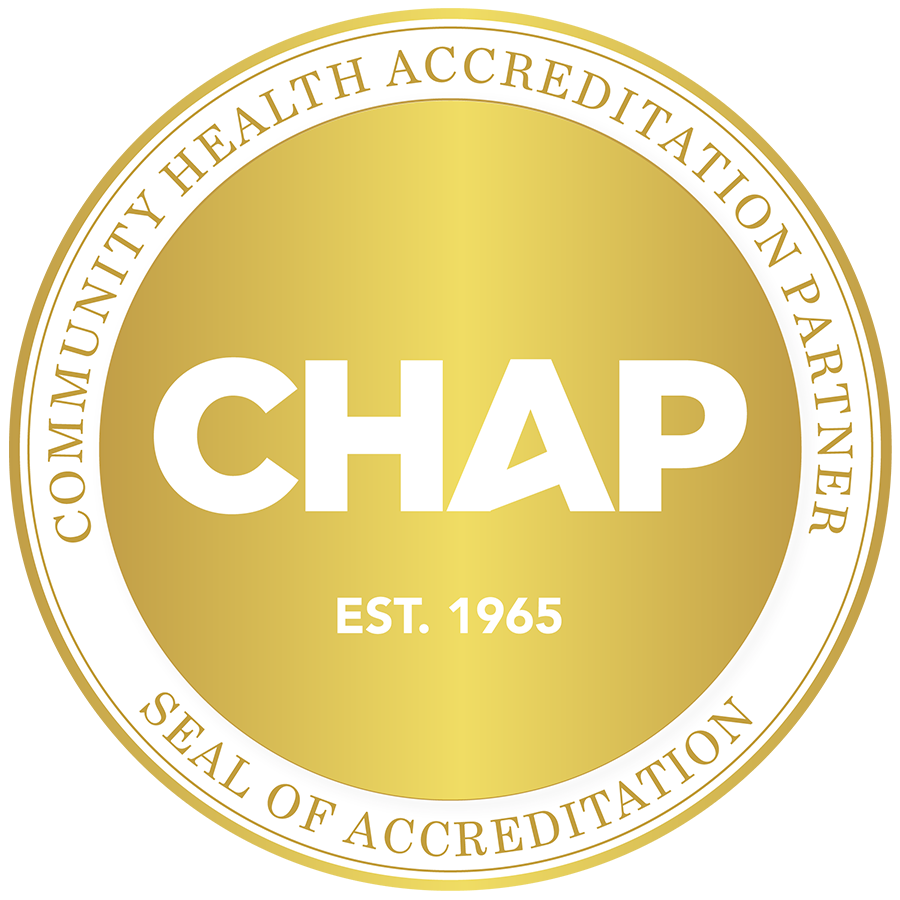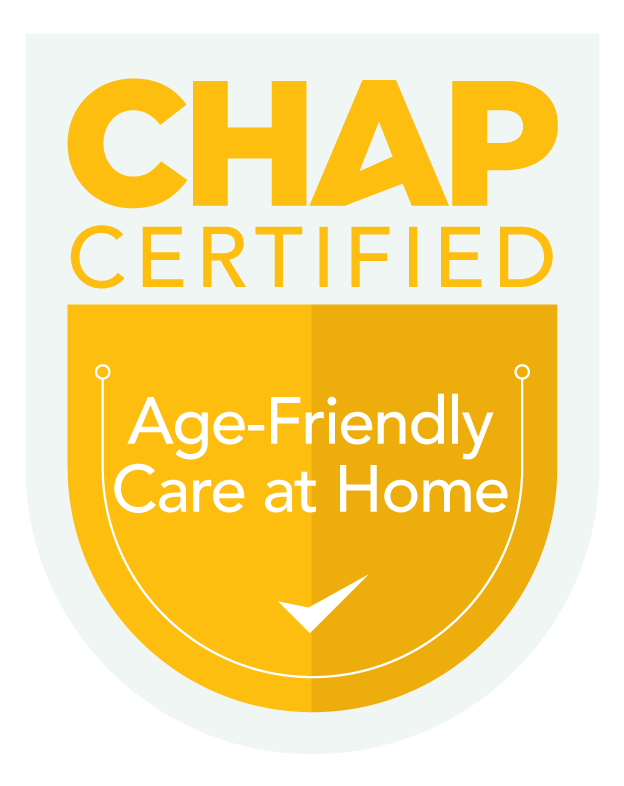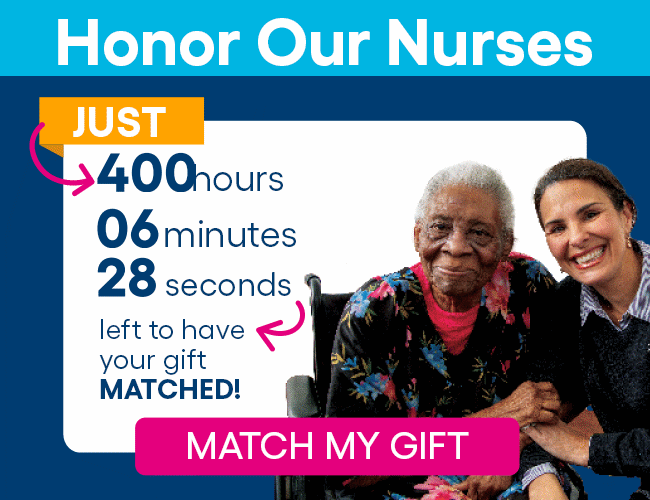At VNS Health, we strive to make home care referrals easy, so your patients in New York City and in Nassau, Suffolk, and Westchester counties can get the care they need to heal and recover at home.
Physicians, nurse practitioners, and physician assistants can order home care services.
Refer a Patient to VNS Health Home Care
We offer several options to submit referrals and sign orders. All referrers must complete and submit the FFE form.
Refer a Patient Online
Submit your VNS Health home care referral online.
Refer a Patient by Email or Fax
Download the home care referral form and email it to [email protected] or fax it to 1-212-290-3939.
Refer a Patient by Phone or Get Support
For phone referrals or questions about any referral, call 1-866-632-2557.
Refer via a Digital Platform
Use your designated digital platform:
- Referrals: CarePort (AllScripts/ECIN)
- Order signing: HCHB Provider Link or Focura Circle E-Signature Platform
You can also submit a referral directly to your VNS Health liaison.
How Home Care Helps Patients
According to a study published in the American Journal of Managed Care, people who don't receive home care after a hospital discharge are twice as likely to be rehospitalized as those who do get home care.
For eligible home care patients, VNS Health can provide skilled nursing, rehabilitation therapy, social work and behavioral health care, and guidance with advance care planning.
The VNS Health Home Care team can:
- Assess health status and monitor and treat pain and symptoms
- Coordinate care across disciplines and transitions of care
- Educate patients and family about self-care, disease treatment, and prevention
- Reconcile and monitor complex medication regimens
- Provide specialized care for patients at a high risk of hospitalization, including care for postsurgical wounds and other complex treatment needs
Home Care Eligibility Criteria
Your patient may be eligible for home care if they meet one or more of the following criteria:
- Is recovering from an acute episode (e.g., illness, recent fall) and needs assessment, treatment, or education in disease management
- Lives in the community with a disability or chronic illness but can live independently with some support
- Is depressed
- Is cognitively impaired
- Requires post-operative care, such as wound, ostomy, or catheter care
- Has complex medical needs that require special equipment or monitoring or must follow complex medication plans
- Needs assistance with activities of daily living with registered nurse supervision
- Is homebound as defined by Medicare
A patient does not need to have been hospitalized to qualify for home care.
Medicare Definition of Homebound
Medicare defines “homebound” as when a patient is unable to leave their home without considerable and taxing effort. They must also meet criterion 1 and criterion 2:
Criterion 1
They need the aid of one of these supportive devices or modes due to illness or injury:
- Crutches
- Wheelchair
- Walker
- Special transportation
- Help from another person to leave home, including for cognitive or psychiatric concerns
OR
They have a condition that makes leaving home medically not recommended.
Criterion 2
They have symptoms that make leaving home a significant effort. Examples include:
- Shortness of breath
- Pain
- Anxiety
- Confusion
- Fatigue
Patients may still be considered homebound even if they can leave the home infrequently for short excursions or for health care needs. Some examples include:
- Religious services
- Haircuts
- Short walks, such as around the block
- Family events, such as funerals or graduations
- Outpatient kidney dialysis, chemotherapy, or radiation therapy
Rehabilitation Therapy Eligibility Criteria
PT = physical therapy
OT = occupational therapy
SLP = speech-language pathology
| If your patient has difficulty with: | They may be eligible for: |
|---|---|
| Ambulation (gait abnormality, new assistive device) | PT |
| Going up or down stairs | PT |
| Balance (fall risk or history of falls) | PT |
| Bed mobility (scooting, turning, sitting up) | PT/OT |
| Transfers (toilet, tub, sit to stand) | PT/OT |
| Weakness or deconditioning | PT/OT |
| Safety (concerns about living alone) | PT/OT |
| Dyspnea/difficulty breathing at any level | PT/OT |
| Balance disorders | PT/OT |
| Cardiopulmonary conditions (pre-/postsurgery, endurance issues, energy conservation, activity modification) | PT/OT |
| Dressing/grooming | OT |
| Bathing | OT |
| Feeding/meal preparation | OT |
| Confusion at any level, including memory problems | SLP/OT |
| Swallowing | SLP |
| Articulating clearly | SLP |
Home Care Insurance Coverage
Your patients or their caregivers may be concerned about whether insurance will cover the home care services you're referring.
In most cases, Medicare, Medicaid, Veterans Administration benefits, and private insurance cover medically necessary home care services for homebound patients. This care is usually short-term and is provided while a patient is recovering from an illness or injury.
Insurance companies usually do not cover home care that is long-term or goes beyond skilled medical needs. If your patients want care after their covered services end, VNS Health's Personal Care team can provide in-home support.
Make sure to talk to your patients about checking with their insurance company before starting services to ensure coverage.
Home Care Service Area
VNS Health Home Care services are available in:
- The Bronx
- Brooklyn
- Manhattan
- Queens
- Staten Island
- Nassau County
- Suffolk County
- Westchester County
Related Resources
Personal Care
Personal care services include home health aide services, private duty nursing, geriatric care management, respite care, and more.
Behavioral Health
VNS Health offers specialized behavioral health programs that deliver consistent, coordinated care to the people who need it.


